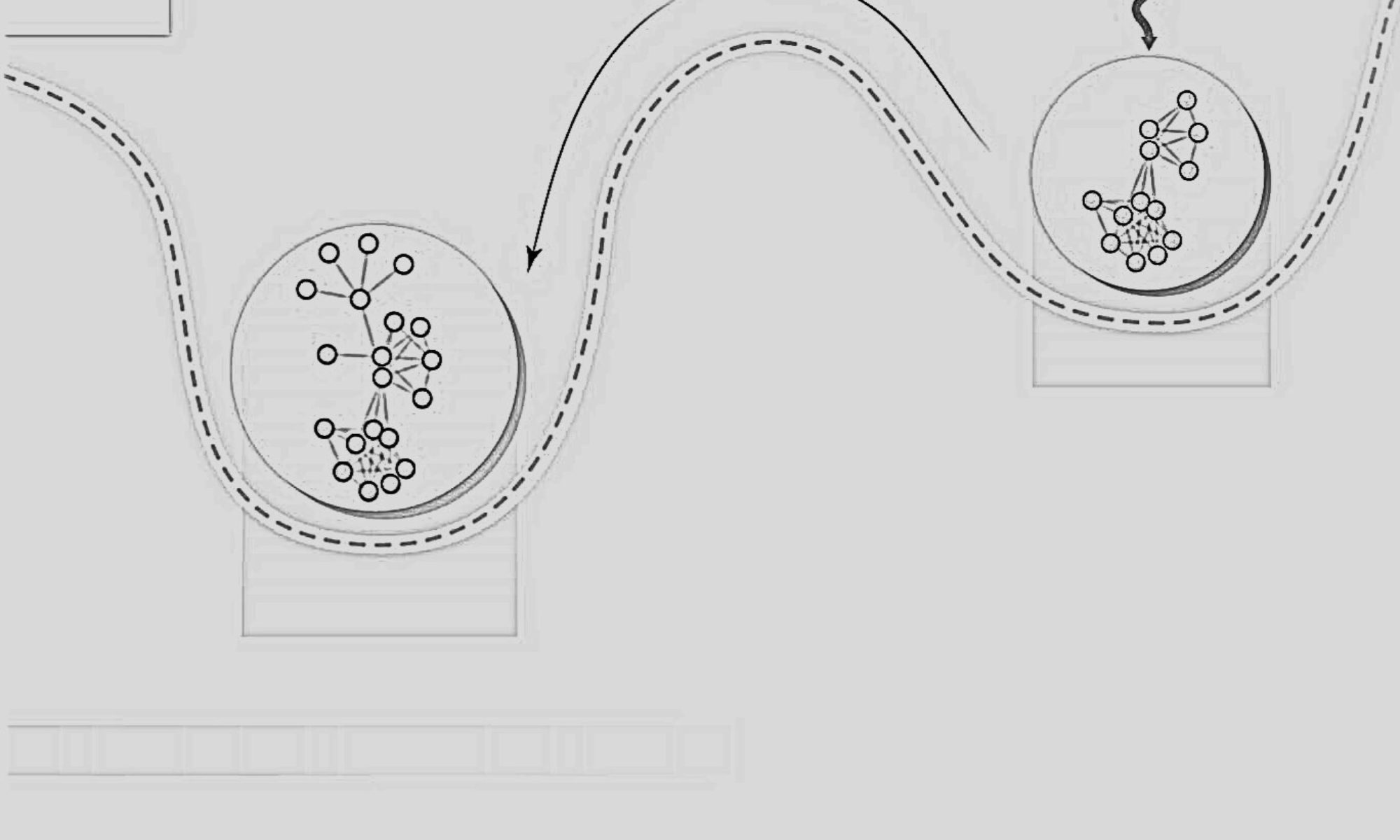Predicting Community Resilience to Environmental Perturbations by Quantifying in situ Physiology of Microdiverse Subclusters of Uncultured Marine Prokaryotes
Investigator: Jesse McNichol

Marine heterotrophic / chemoautotrophic prokaryotic communities are responsible for critical ecosystem processes such as remineralization of carbon and nitrogen compounds as well as the detoxification of inorganic sulfur species in low-oxygen environments. Despite these essential biogeochemical roles, very little is known about how these functions are affected by environmental perturbations. This in turn limits our ability to model how this essential component of ocean biogeochemistry will respond to climate change. One major reason why we cannot yet effectively model marine prokaryotes is that their fundamental physiological traits are poorly understood. Sometimes referred to as microbial “dark matter”, some groups of marine prokaryotes still lack even a single cultured representative. Even where cultivars are available, they only represent a small subset of prokaryotes’ collective environmental diversity. This prokaryotic “microdiversity”, where many co-occurring genetic subclusters exist in the same physicochemical environment has unclear biogeochemical implications. Does microdiversity make prokaryotic biogeochemical function more resilient to perturbations, or is this diversity mostly functionally neutral leading to less resilient function? To address this question, this project will develop methods to quantify and compare the physiology of microdiverse subclusters of uncultivated marine prokaryotes. Building off of established fluorescence in situ hybridization (FISH) techniques and novel sequencing technologies, we will develop nucleic acid probes to visually identify cells from these genetic subclusters using fluorescence microscopy. In combination with techniques that can track single-cell physiology and manipulative incubations that simulate environmental change, we will generate novel empirical data to test this fundamental biological question and build knowledge that can be used to incorporate prokaryotes into trait-based modelling frameworks.


